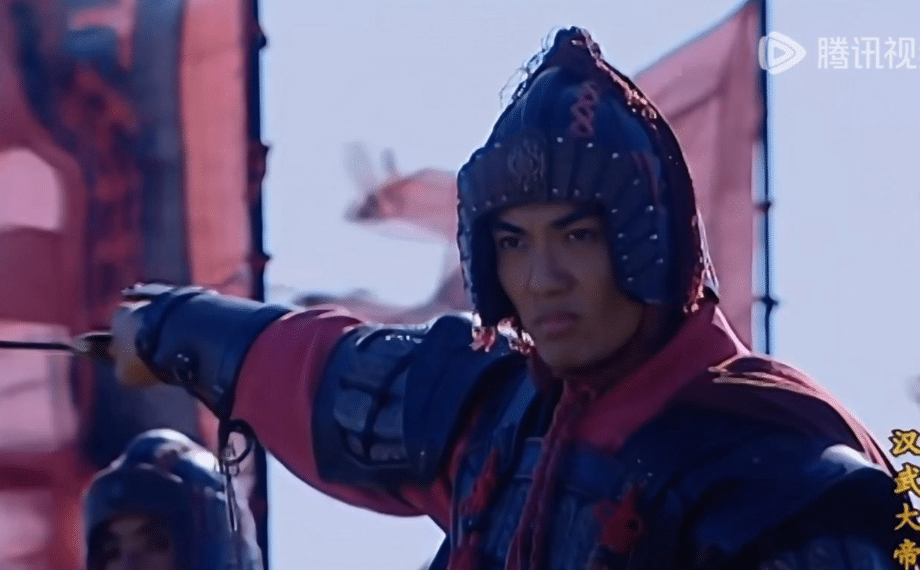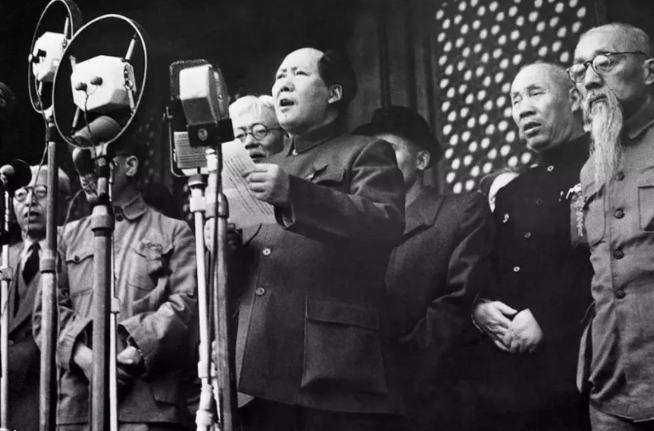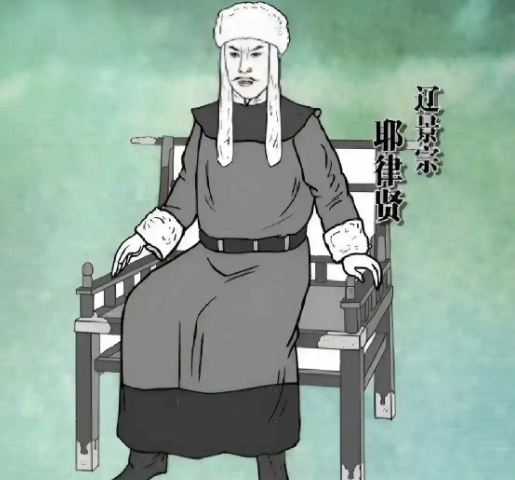“Explore the enigmatic death of Han general Huo Qubing in 117 BC: body red as fire, sudden at age 23. Emperor Wu’s lavish funeral hints at deeper truths. Theories range from disease to poison—uncover historical clues and enduring legends of this undefeated warrior.”
In 117 BC, Huo Qubing, the Han Dynasty’s legendary cavalry general, died abruptly at 23, his body reportedly red as if burned by fire. Known for crushing Xiongnu hordes and earning the title Champion Marquis, his passing shocked the empire. Emperor Wu mourned with an unprecedented funeral: a tomb mound shaped like Qilian Mountains, guarded by elite troops, and burial with treasures. This narrative, framed as a hidden memoir from a palace physician, probes the “fiery” symptoms—possibly virus, autoimmune disorder, or poison. Amid court intrigues, his death raises questions: accident, fate, or foul play? As a symbol of Han resurgence, Huo’s story blends myth and history, echoing eternal themes of glory and tragedy.

The Enigmatic Symptoms and Final Days
Huo’s illness struck suddenly in Yuan Hunting Year 4 (119 BC), after triumphant campaigns. Witnesses described his skin turning vivid red, like “vermilion splashed on paper,” with intense internal heat resembling a “furnace.” No feverish delirium—just clarity amid agony, pulse racing like a “galloping horse.”
Palace doctors, including narrator “A Yan,” struggled: herbs failed, heat persisted. Theories suggest rare desert virus from campaigns, or autoimmune collapse from overwork in harsh environments. Exhaustion from battles—annihilating 150,000 Xiongnu—likely weakened him.
His final words, unfinished, hint at deeper knowledge. The “fiery body” evokes poisoning: chronic toxins mimicking burns, perhaps arsenic or plant-based.
Court Intrigues and Poison Theories
Huo’s rise threatened rivals: nephew of Empress Wei, his glory rivaled Emperor Wu’s kin. Sima Qian’s lukewarm evaluation in Records of the Grand Historian suggests envy or bias. Did courtiers fear his power? Or Wu himself, wary of a “second Wei family”?
Poison speculation: slow-acting agents from campaigns or palace, causing “internal fire.” No evidence, but Wu’s grief—building a Qilian-shaped tomb—implies innocence, honoring a loyal “god of war.” Funeral included elite border troops escort, a warrior’s send-off.
Alternative: “fate” as divine recall, per legends of his heavenly origins.

Legacy and Historical Reflections
Huo’s undefeated record—six campaigns, vast territories—cemented Han dominance. His death, at peak, fueled myths: a “shooting star” burning bright. Tomb raids and enduring enigma inspire stories, like his Xiongnu clashes at Yellow River.
The narrative’s “hidden scroll” adds drama, blending fact with fiction to explore human fragility amid power.
Conclusion
Huo Qubing’s fiery death remains a Han enigma—disease, poison, or destiny? Emperor Wu’s grand burial affirms his hero status, turning tragedy into legend. In history’s lens, it’s a reminder: glory is fleeting, truths buried deep.



